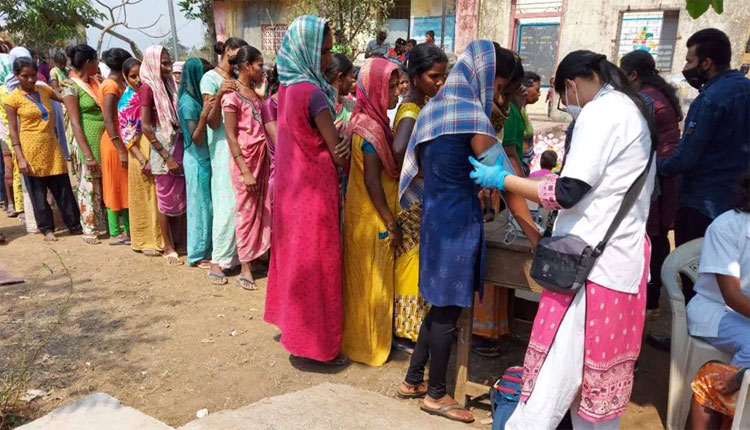New Delhi: In a recent revelation, a report has shed light on the significant nutritional deficiencies affecting both men and women in India. The study, conducted by Lancet Global Health, uncovers that while the focus has often been on women’s health, men are also falling short of essential nutrients.
The report indicates that iodine deficiency, typically associated with women, is now also a concern for men. Women in India consume less iodine compared to men, who, in turn, have been found to be deficient in zinc and magnesium. The study highlights a broader issue where iron, calcium, and folate deficiencies are prevalent across both genders.
This report is part of a comprehensive global study that analysed data from 185 countries, revealing that a significant portion of the global population, including India, is deficient in 15 essential micronutrients. Alarmingly, around 70 percent of people worldwide do not consume adequate amounts of iodine, vitamin E, and calcium. The study also points out that women are particularly lacking in iodine, vitamin B12, and iron, while men tend to be deficient in magnesium, vitamin B6, zinc, and vitamin C.
The situation is particularly dire in regions such as South Asia, Southeast Asia, and Africa, where young adults aged 10 to 30 have significantly lower calcium intake compared to global averages.
In a related study published in June by Lancet Global Health, it was revealed that half of India’s population fails to meet the exercise standards set by the World Health Organization (WHO). The report highlights a worrying decline in physical activity levels, with the percentage of people not exercising increasing from 22 percent in 2000 to a staggering 49.4 percent in 2022. The data shows that 57 percent of women and 42 percent of men in India avoid exercising altogether.
These findings underscore the urgent need for public health interventions to address both nutritional deficiencies and the lack of physical activity among India’s population. Addressing these issues is crucial for improving overall health and preventing long-term consequences.



Comments are closed.